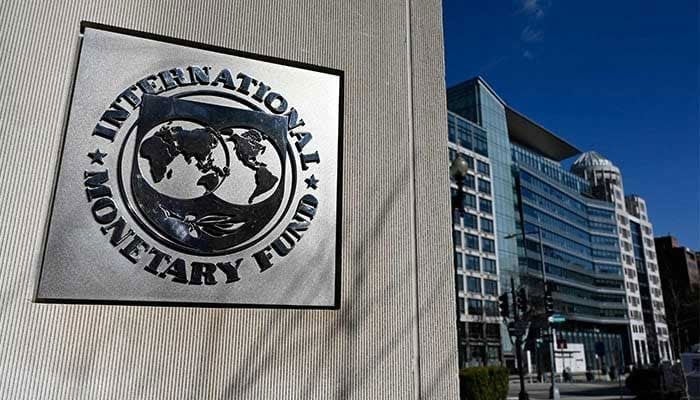Islamabad: The International Monetary Fund (IMF) has directed Pakistan to exclude provincial development projects from the federal budget, pushing the federal government to halt funding for initiatives that fall under the provinces’ responsibilities, as defined by the 18th Constitutional Amendment.
This request has led to the removal of 168 provincial projects, totaling Rs. 1.1 trillion, from the upcoming federal budget.
Sources confirmed that these 168 projects, which are of provincial nature, have been progressing at a slow pace, with the federal government already having spent Rs. 300 billion.
The IMF has now ordered the suspension of any further expenditure of Rs. 800 billion on these projects.
Consequently, the financial responsibility for these projects will now shift entirely to the provincial governments, who will need to fund them through their own development budgets.
This demand comes at a crucial time as Pakistan’s Finance Minister Muhammad Aurangzeb met IMF Managing Director Kristalina Georgieva in Washington D.C. to discuss the country’s ongoing reform agenda and economic recovery.
During their meeting, Minister Aurangzeb expressed gratitude for the IMF’s support, particularly in finalizing the Staff-Level Agreement under the Extended Fund Facility (EFF) and the Resilience and Sustainability Facility (RSF).
Additionally, the finance minister emphasized Pakistan’s macroeconomic turnaround, highlighting the government’s commitment to implementing reforms in taxation, energy, privatization, state-owned enterprises, and debt management.
Read More: Finance Minister Departs for US to Attend WB IMF Spring Meetings
The shift in funding responsibility reflects the IMF’s pressure on Pakistan to adhere to fiscal discipline while ensuring long-term sustainability in its economic strategy.
Recent Talks with IMF
Pakistan’s recent talks with the International Monetary Fund (IMF) have centered on advancing economic reforms and ensuring sustainable growth.
Finance Minister Muhammad Aurangzeb met with IMF Managing Director Kristalina Georgieva in Washington D.C., where discussions focused on Pakistan’s ongoing reform efforts, including fiscal consolidation, energy sector restructuring, and improving governance in state-owned enterprises.
A key outcome of the discussions was the finalization of a Staff-Level Agreement under the Extended Fund Facility (EFF) and the Resilience and Sustainability Facility (RSF).
These agreements are crucial for Pakistan’s financial stability, offering access to much-needed financial support and strengthening the country’s economic framework.
During the talks, Minister Aurangzeb also outlined Pakistan’s macroeconomic recovery, highlighting improvements in inflation control, foreign exchange reserves, and debt management.
He assured the IMF of Pakistan’s continued commitment to structural reforms aimed at revitalizing the economy.
Additionally, the talks included discussions on Pakistan’s trade relations, regional cooperation, and the need for a balanced approach to growth that addresses both immediate economic challenges and long-term sustainability.
Also Read: Minister meeting IMF, World Bank Heads Focus on Growth, Reforms
These engagements underscore Pakistan’s ongoing efforts to stabilize its economy and meet international standards for financial and economic governance.
